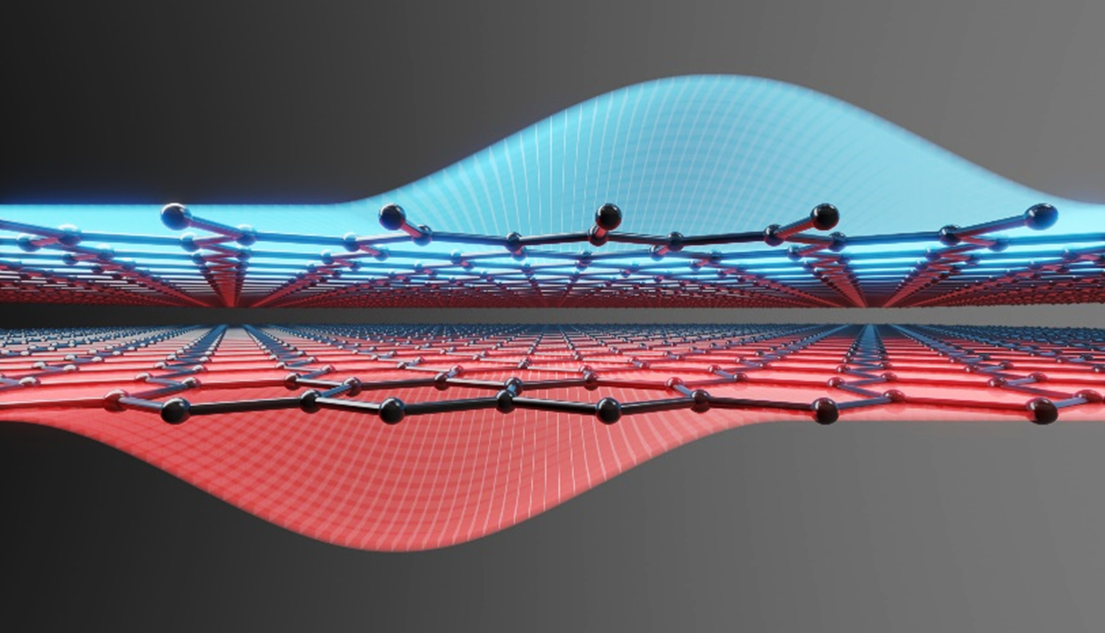High-Performance Computing (HPC) is transforming the industrial landscape, ushering in a new era of efficiency, innovation, and competitiveness. Industrial sectors, ranging from manufacturing and energy to aerospace and pharmaceuticals, are harnessing the immense computational power of HPC to solve complex problems, optimize processes, and accelerate product development. In this article, we will explore how hpc industrial is revolutionizing the industrial sector and the myriad ways it is impacting businesses and innovation.
The Role of HPC in Industry
- Advanced Simulations: HPC enables industries to conduct sophisticated simulations that replicate real-world scenarios. For example, manufacturers can simulate the behavior of materials under extreme conditions, allowing them to design more durable and efficient products.
- Optimized Supply Chain: HPC can analyze vast amounts of data to optimize supply chain logistics. This helps industries reduce costs, minimize waste, and improve overall efficiency in delivering products to consumers.
- Energy Efficiency: Industries like energy production and transportation are using HPC to enhance energy efficiency. Complex algorithms and simulations help in designing more fuel-efficient engines, optimizing renewable energy sources, and reducing greenhouse gas emissions.
- Pharmaceutical Research: In the pharmaceutical sector, HPC accelerates drug discovery and development. Computational models can analyze millions of chemical compounds to identify potential drug candidates, significantly reducing research and development timelines.
- Aerospace Innovation: The aerospace industry relies on HPC for aircraft design, aerodynamics simulations, and structural analysis. This results in safer and more fuel-efficient aircraft.
- Automotive Engineering: HPC aids in crash simulations, vehicle design, and the development of autonomous vehicles. These advancements enhance passenger safety and revolutionize the automotive industry.
- Weather Forecasting: Industries like agriculture, transportation, and energy rely on HPC for accurate weather forecasting. This helps in making informed decisions regarding crop management, transportation routes, and energy resource allocation.
- Materials Science: Researchers use HPC to explore new materials and their properties. This has applications in various industries, including electronics, construction, and renewable energy.
Read Also: Unlocking High-Performance Computing Exploring HPC Architecture
Impact on Hpc Industrial Competitiveness
The adoption of HPC by industries not only enhances their capabilities but also boosts their competitiveness on a global scale. Businesses that leverage HPC can:
- Accelerate Innovation: HPC allows companies to rapidly prototype and test new ideas, products, and processes, giving them a significant advantage in the market.
- Reduce Costs: Through optimized processes, better product design, and more efficient operations, industries can significantly reduce costs and improve profit margins.
- Improve Quality: Enhanced simulations and modeling ensure higher-quality products with fewer defects, leading to increased customer satisfaction.
- Meet Environmental Standards: HPC helps industries reduce their environmental footprint by optimizing processes and designing eco-friendly products.
- Stay Ahead of Competition: Businesses that invest in HPC are better equipped to stay ahead of competitors by responding quickly to market changes and customer demands.
High-Performance Computing is revolutionizing the industrial sector by providing the computational power needed to tackle complex challenges, innovate rapidly, and stay competitive. As technology continues to advance, the role of HPC in industry will only grow, unlocking new possibilities and opportunities for businesses across various sectors. Embracing HPC is not just a choice; it’s a necessity for industries looking to thrive in the digital age.





